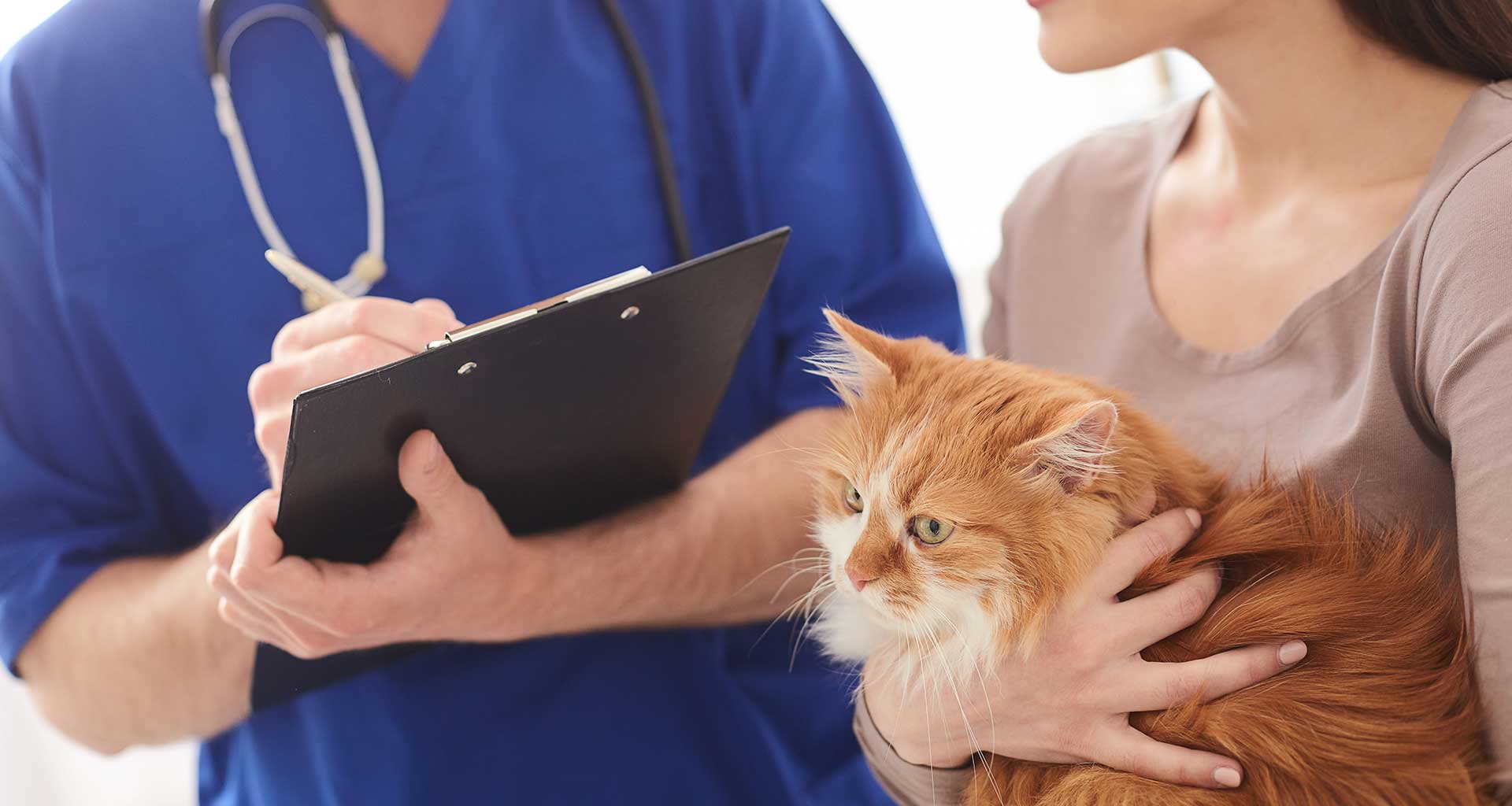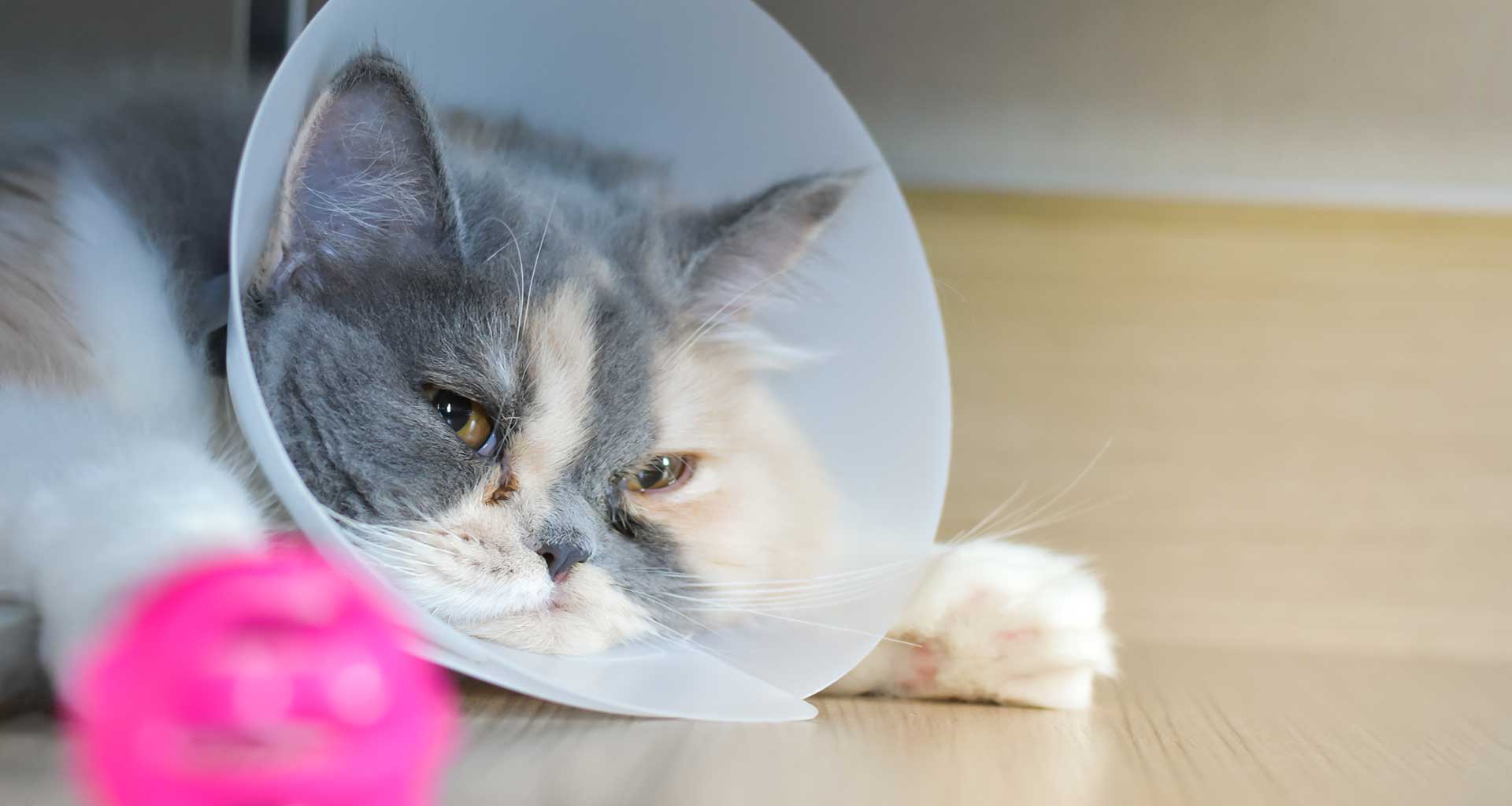Specialist Vet Referrals
Veterinary referrals are an important component of the veterinary system. They provide pet owners with access to specialist care for their beloved animals. They are the go-to experts when it comes to advice, diagnosis, treatments and more. With their deep knowledge and experience, vets provide invaluable services that help keep pets healthy and happy.

Overview of Vet Services
Vet services are essential for all pet owners, providing routine care and medical attention when needed. General care vets provide a broad range of services including: vaccinations, parasite control treatments, nutrition advice, wound management, minor surgery, preventive care to diagnostics including blood tests, imaging scans and clinical pathology to name just a few. Other important services include dental care, behavioural advice and end-of-life support. These can help prolong quality life for affected animals as well as improve their comfort levels when they reach the end stage of life.
More specialised services such as orthopaedic surgery or specialist imaging may be referred to veterinary hospitals with specialist staff and equipment. Some veterinary hospitals provide 24/7 emergency services so pets can receive the best possible care if they become ill or injured during off-hours. These 24-hour centres often have specialist vets on staff.
Vet Referral Process Explained
A vet referral is a redirection from one veterinarian to another, usually for a specialised treatment or procedure. Referrals are typically between general practitioners and specialists that have an additional range of qualifications or expertise in treating specific animal conditions. Knowing how the referral system works can save pet owners time and money in seeking medical care for their animals.
The first step of the referral process is to call your local vet clinic and explain why you need to make a referral appointment. Your vet may ask some questions about your pet’s health history or current symptoms before providing a referral recommendation. If your vet decides a referral is necessary, they will provide you with information on which specialist hospital or clinic they would prefer their patient be referred to.
Once you have decided on which specialist clinic to refer your pet to, it is important that the relevant paperwork be filled out completely and returned promptly so that appointment times can be confirmed in advance.
When veterinary services are referred, they should be provided with relevant clinical notes and records on the patient’s condition so that the specialist can make an accurate assessment. In addition to this, X-ray images or other laboratory results may also be required to establish a diagnosis or determine the best course of action. Once all the necessary information has been collected by the specialist, they will provide their opinion on what steps need to be taken next based on their professional experience and knowledge in treating animals.
Advantages of Vet Referrals
Referring pets to veterinary specialists has become an increasingly common option for pet. Referrals offer many advantages compared to traditional methods of care and treatment, particularly when a pet’s condition is complex or difficult to diagnose.
The benefits of referring pets to specialists can include access to advanced diagnostic tools that may not be available at local clinics, such as CT scans and MRI machines. This allows the specialist to more accurately identify the underlying problem and recommend appropriate treatments, often leading to improved outcomes for dogs and cats. Specialists also tend to have extensive experience with specific conditions which can lead to quicker diagnosis and more effective therapy plans than would otherwise be possible with general practitioners.
Veterinary specialists have deep knowledge about specific areas such as surgery, dentistry, dermatology, cardiology, oncology and internal medicine. They also use advanced diagnostic tools such as X-rays, ultrasounds and CT scans to identify potential health risks that may not be detected by regular vets. As a result, pet owners can rest assured that their furry friends will receive the highest quality health care available from qualified professionals in their field.
Vet referrals are an important part of ensuring that the best possible care is provided to animals. By referring patients to specialist vets, general practitioners can provide a higher standard of service for their patients. Referrals also help improve collaboration between different veterinary disciplines and create a more integrated system for delivering care.





